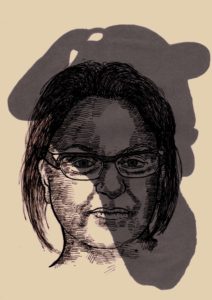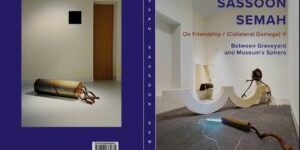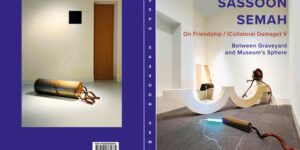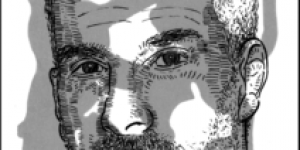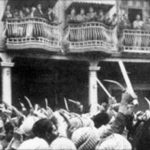Ella Shohat ~ Rupture And Return. A Mizrahi Perspective On The Zionist Discourse
No Comments yetEurocentric norms of scholarship have had dire consequences for the representation of Palestinian and Mizrahi history, culture and identity. In this paper I would like to examine some of the foundational premises and substratal axioms of hegemonic discourse about Middle Eastern Jews (known in the last decade as “Mizrahim”). Writing a critical Mizrahi historiography in the wake of colonialism and nationalism, both Arab and Jewish, requires the dismantling of a number of master-narratives. I will attempt to disentangle the complexities of the Mizrahi question by unsettling the conceptual borders erected by more than a century of Zionist discourse, with its fatal binarisms of savagery versus civilization, tradition versus modernity, East versus West and Arab versus Jew. This paper forms part of a larger project in which I attempt to chart a beginning for a Mizrahi epistemology through examining the terminological paradigms, the conceptual aporias and the methodological inconsistencies plaguing diverse fields of scholarship concerning Arab Jews/Mizrahim.
Central to Zionist thinking is the concept of “Kibbutz Galuiot“– the “ingathering of the exiles.” Following two millennia of homelessness and living presumably “outside of history,” Jews can once again “enter history” as subjects, as “normal” actors on the world stage by returning to their ancient birth place, Eretz Israel. In this way, Jews can heal a deformative rupture produced by exilic existence. This transformation of “Migola le’Geula” – from Diaspora to redemption – offered a teleological reading of Jewish History (with a capital H) in which Zionism formed a redemptive vehicle for the renewal of Jewish life on a demarcated terrain, no longer simply spiritual and textual, but rather national and political. Concomitant with the notion of Jewish “return” and continuity was the idea of rupture and discontinuity. In order to be transformed into New Jews, (later Israelis) the Diaspora Jews had to abandon their Diaspora – galuti – culture, which in the case of Arab- Jews meant abandoning Arabness and acquiescing in assimilationist modernization, for “their own good,” of course. Within this Promethean rescue narrative the concepts of “ingathering” and “modernization” naturalized and glossed over the epistemological violence generated by the Zionist vision of the New Jew. This rescue narrative also elided Zionism’s own role in provoking ruptures, dislocations and fragmentation, not only for Palestinian lives but also – in a different way – for Middle Eastern/North African Jews. These ruptures were not only physical (the movement across borders) but also cultural (a rift in relation to previous cultural affiliations) as well as conceptual (in the very ways time and space were conceived). Here I will critically explore the dialectics of rupture and return in Zionist discourse as it was formulated in relation to Jews from the Middle East/North Africa. I will examine these dialectics through the following grids: a) dislocation: space and the question of naming; b) dismemberment: the erasure of the hyphen in the “Judeo-Muslim;” c) dis-chronicity: temporality and the project of modernization; d) dissonance: methodological and discursive ruptures.
The complete paper: https://www.juragentium.org/topics/palestin/doc07/en/shohat.htm
Published in Jura Gentium, Rivista di filosofia del diritto internazionale e della politica globale, ISSN 1826-8269
You May Also Like
Comments
Leave a Reply
